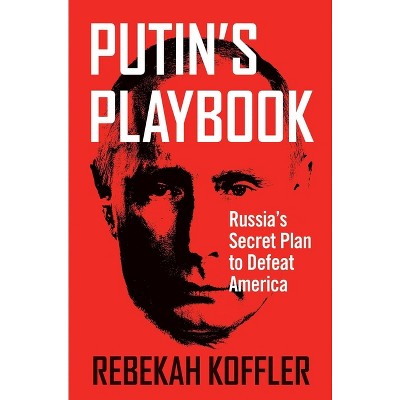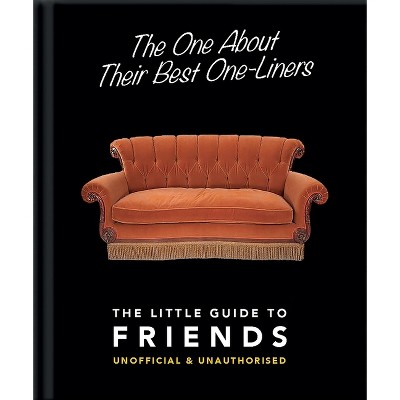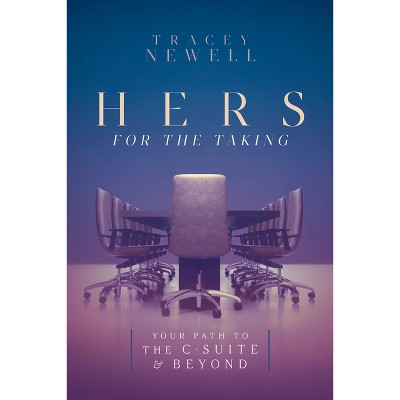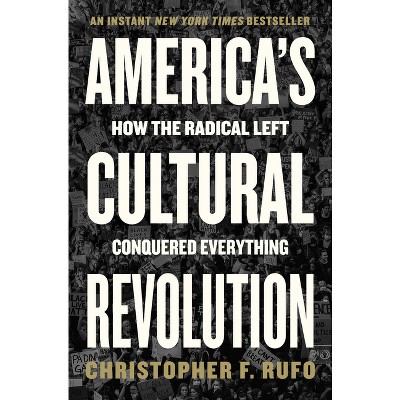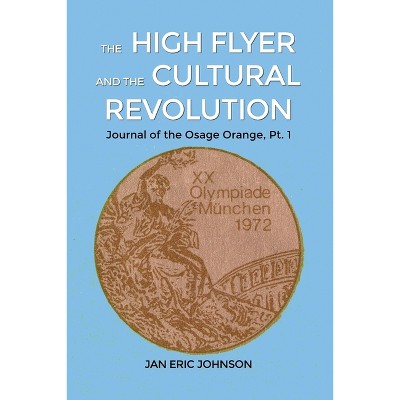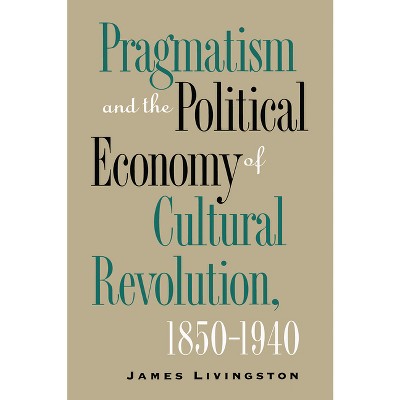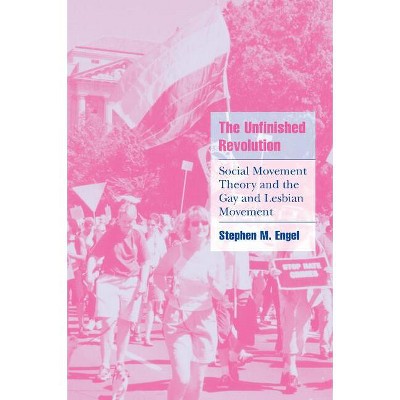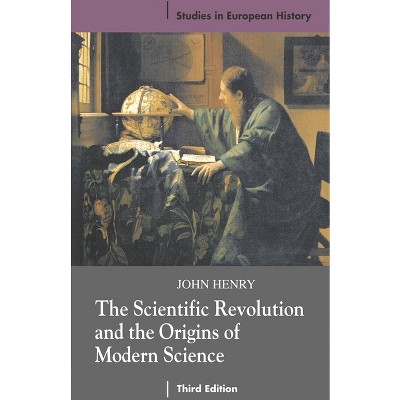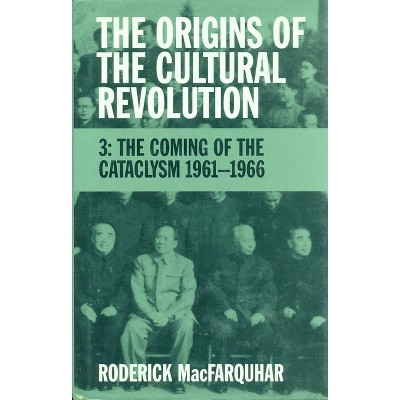Sponsored

Absolutism and the Scientific Revolution, 1600-1720 - (Great Cultural Eras of the Western World) by Christopher Baker (Hardcover)
In Stock
Sponsored
About this item
Highlights
- This book--the sixth volume in The Great Cultural Eras of the Western World series--provides information on more than 400 individuals who created and played a role in the era's intellectual and cultural activity.
- About the Author: CHRISTOPHER BAKER is Professor of English at Armstrong Atlantic State University in Savannah, GA.
- 488 Pages
- History, Modern
- Series Name: Great Cultural Eras of the Western World
Description
About the Book
This book--the sixth volume in The Great Cultural Eras of the Western World series--provides information on more than 400 individuals who created and played a role in the era's intellectual and cultural activity. The book's focus is on cultural figures--those whose inventions and discoveries contributed to the scientific revolution, those whose line of reasoning contributed to secularism, groundbreaking artists like Rembrandt, lesser known painters, and contributors to art and music.
As the momentum of the Renaissance peaked in 1600, the Western World was poised to move from the Early Modern to the Modern Era. The Thirty Years War ended in 1648 and religion was no longer a cause for military conflict. Europe grew more secularized. Organized scientific research led to groundbreaking discoveries, such as the earth's magnetic field, Kepler's first two laws of motion, and the slide rule. In the arts, Baroque painting, music, and literature evolved. A new Europe was emerging. This book is a useful basic reference for students and laymen, with entries specifically designed for ready reference.
Book Synopsis
This book--the sixth volume in The Great Cultural Eras of the Western World series--provides information on more than 400 individuals who created and played a role in the era's intellectual and cultural activity. The book's focus is on cultural figures--those whose inventions and discoveries contributed to the scientific revolution, those whose line of reasoning contributed to secularism, groundbreaking artists like Rembrandt, lesser known painters, and contributors to art and music.
As the momentum of the Renaissance peaked in 1600, the Western World was poised to move from the Early Modern to the Modern Era. The Thirty Years War ended in 1648 and religion was no longer a cause for military conflict. Europe grew more secularized. Organized scientific research led to groundbreaking discoveries, such as the earth's magnetic field, Kepler's first two laws of motion, and the slide rule. In the arts, Baroque painting, music, and literature evolved. A new Europe was emerging. This book is a useful basic reference for students and laymen, with entries specifically designed for ready reference.Review Quotes
.,."this is a worthy addition to the series and highly recommended in its own right, especially for academic libraries."-Booklist/Reference Books Bulletin
"Even the most cursory glance at Baker's volume reminds the reader of the astounding political, scientific, and cultural changes taking place throughout Europe during the seventeenth and early eighteenth centuries. This volume provides brief but substantial biographical sketches of some four hundred participants in the uneasy transformation from early modern to modern Europe....[w]orthy and useful biographical dictionary."-The Sixteenth Century Journal
?...this is a worthy addition to the series and highly recommended in its own right, especially for academic libraries.?-Booklist/Reference Books Bulletin
?Even the most cursory glance at Baker's volume reminds the reader of the astounding political, scientific, and cultural changes taking place throughout Europe during the seventeenth and early eighteenth centuries. This volume provides brief but substantial biographical sketches of some four hundred participants in the uneasy transformation from early modern to modern Europe....[w]orthy and useful biographical dictionary.?-The Sixteenth Century Journal
?Recommended. Academic collections that emphasize cultural or scientific history.?-Choice
..."this is a worthy addition to the series and highly recommended in its own right, especially for academic libraries."-Booklist/Reference Books Bulletin
"Recommended. Academic collections that emphasize cultural or scientific history."-Choice
About the Author
CHRISTOPHER BAKER is Professor of English at Armstrong Atlantic State University in Savannah, GA.Shipping details
Return details
Trending Non-Fiction






